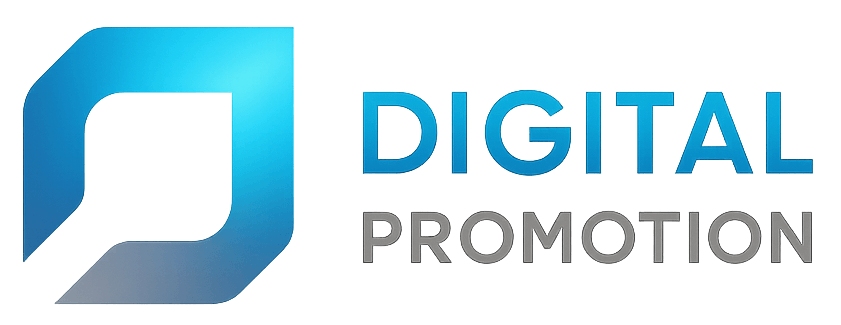Personalization in marketing involves tailoring products, services, and communications to individual consumer preferences and behaviors. By leveraging data insights—from past interactions, browsing behavior, and demographic information—businesses can deliver highly relevant and customized experiences to each customer. This approach moves away from generic messaging toward more targeted, engaging, and effective communications.
The benefits of personalization extend to multiple aspects of the customer journey. It can enhance user engagement, improve customer satisfaction, and ultimately drive higher conversion rates by addressing the unique needs and interests of each individual. Personalized email campaigns, product recommendations, and dynamic website content are just a few examples of how businesses can create a more intimate and relevant connection with their audience.
Furthermore, personalization is supported by advanced technologies such as artificial intelligence and machine learning, which continuously analyze data to optimize user experiences in real time. This level of customization not only builds stronger customer relationships but also fosters loyalty and increases lifetime value. As consumer expectations continue to evolve, personalization has become a cornerstone of modern marketing strategies, enabling businesses to stand out in a crowded digital landscape.
👉 See the definition in Polish: Personalization: Personalizacja treści dla odbiorców

